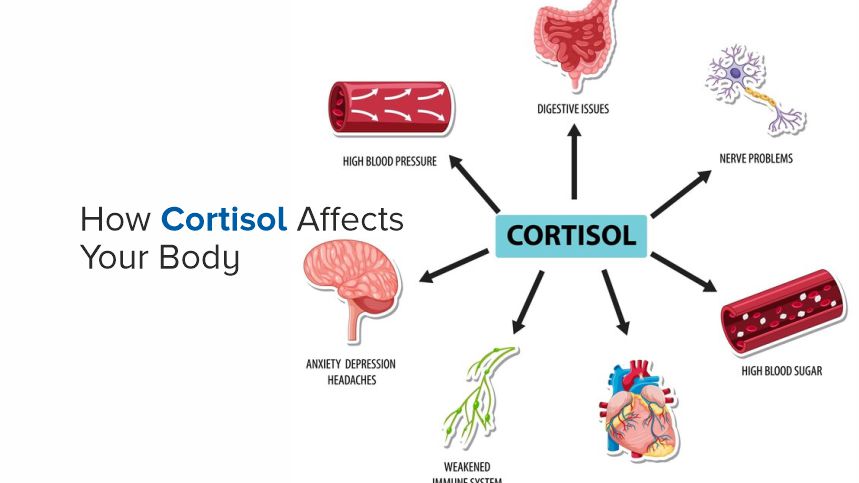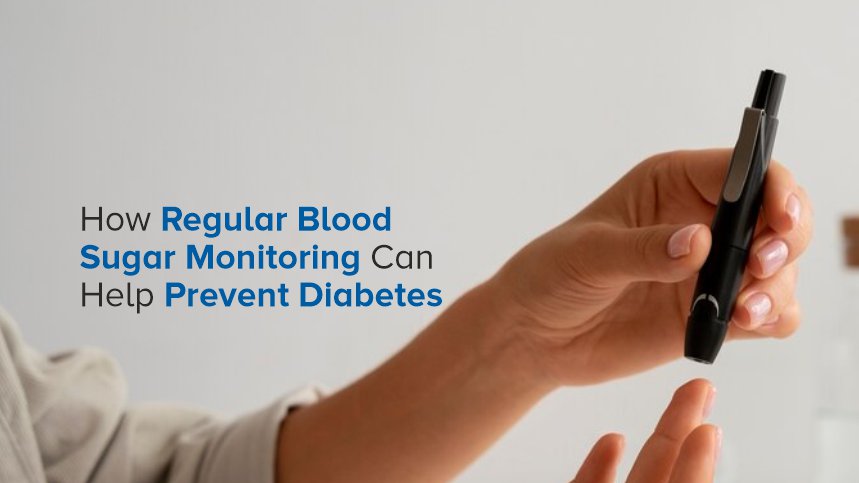


Condition
- Preventive Health Checkup
- Top tests
- Diabetes
- Top tests
- Preventive Health Checkup
- Preventive Health Checkup
- Preventive Health Checkup
- Diabetes
- Lifestyle Packages
- Lifestyle Packages
- Heart Disease & Hypertension
- Lifestyle Packages
- Heart Disease & Hypertension
- Lifestyle Packages
- Preventive Health Checkup
- Preventive Health Checkup
- Preventive Health Checkup
- Lifestyle Packages
- Top tests
- Lifestyle Packages
- Top tests
- Lifestyle Packages
- Top tests
- Diabetes
- Diabetes
- Others
- Blood Disorders
- Top tests
- Others
- Others
- Others
- Fever
- Fever
- Blood Disorders
- Blood Disorders
- Preventive Health Checkup
- Preventive Health Checkup
- Profile
- Kidney Disease
- Kidney Disease
- Diabetes
- Diabetes
- Heart Disease & Hypertension
- Preventive Health Checkup
- Lifestyle Packages
- Thyroid Disorder
- Diabetes
- Diabetes
- Diabetes
- Diabetes
- Diabetes
- Diabetes
- Diabetes
- Top tests
- Allergy
- Top tests
- Top tests
- Top tests
- Top tests
- Diabetes
- Top tests
- Diabetes
- Top tests
- Top tests
- Top tests
- Liver Disease
- Diabetes
- Top tests
- Vitamin Deficiency
- Top tests
- Top tests
- Liver Disease
- Top tests
- Top tests
- Top tests
- Anemia
- Anemia
- Anemia
- Diabetes
- Diabetes
- Anemia
- Top tests
- Top tests
- Top tests
- Preventive Health Checkup
- Thyroid Disorder
- Heart Disease & Hypertension
- Top tests
- Preventive Health Checkup
- Diabetes
- Heart Disease & Hypertension
- Top tests
- Fever
- Allergy
- Liver Disease
- Lifestyle Packages
- Heart Disease & Hypertension
- Top tests
- Arthritis
- Top tests
- Top tests
- Heart Disease & Hypertension
- Kidney Disease
- Preventive Health Checkup
- Allergy
- Top tests
- Lifestyle Packages
- Top tests
- Kidney Disease
- Top tests
- Lifestyle Packages
- Top tests
- Preventive Health Checkup
- Preventive Health Checkup
- Top tests
- Top tests
- Vitamin Deficiency
- Allergy
- Diabetes
- Top tests
- Top tests
- Top tests
- Top tests
- Heart Disease & Hypertension
- Allergy
- Top tests
- Preventive Health Checkup
- Top tests
- Top tests
- Infertility
- Top tests
- Lifestyle Packages
- Allergy
- Diabetes
- Heart Disease & Hypertension
- Lifestyle Packages
- Preventive Health Checkup
- Preventive Health Checkup
- Top tests
- Preventive Health Checkup
- Top tests
- Diabetes
- Top tests
- Infertility
- Top tests
- Thyroid Disorder
- Top tests
- Allergy
- Preventive Health Checkup
- Vitamin Deficiency
- Top tests
- Top tests
- Infertility
- Lifestyle Packages
- Diabetes
- Liver Disease
- Kidney Disease
- Vitamin Deficiency
- Top tests
- Heart Disease & Hypertension
- Heart Disease & Hypertension
- Top tests
- Heart Disease & Hypertension
- Heart Disease & Hypertension
- Heart Disease & Hypertension
- Infertility
- Heart Disease & Hypertension
- Vitamin Deficiency
- Vitamin Deficiency
- Arthritis
- Arthritis
- Top tests
- Top tests
- Lifestyle Packages
- Preventive Health Checkup
- Lifestyle Packages
- Preventive Health Checkup
- Vitamin Deficiency
- Top tests
- Lifestyle Packages
- Lifestyle Packages
- Preventive Health Checkup
- Top tests
- Preventive Health Checkup
- Top tests
- Heart Disease & Hypertension
- Infertility
- Top tests
- Top tests
- Preventive Health Checkup
- Lifestyle Packages
- Top tests
- PCOD
- Preventive Health Checkup
- Lifestyle Packages
- Preventive Health Checkup
- Top tests
- Fever
- PCOD
- Kidney Disease
- Top tests
- Top tests
- Preventive Health Checkup
- Preventive Health Checkup
- Liver Disease
- Thyroid Disorder
- Top tests
- Heart Disease & Hypertension
- PCOD
- Top tests
- Arthritis
- Preventive Health Checkup
- Kidney Disease
- Lifestyle Packages
- Top tests
- Allergy
- Top tests
- Top tests
- Diabetes
- Thyroid Disorder
- Preventive Health Checkup
- Top tests
- Lifestyle Packages
- Preventive Health Checkup
- Top tests
- Kidney Disease
- Liver Disease
- Infertility
- Top tests
- Anemia
- Top tests
- Top tests
- Top tests
- Preventive Health Checkup
- Bone Health
- Cancer
- Fatty Liver

Tests
Cortisol, often referred to as the "stress hormone," plays a vital role in the daily functioning of your body. While most people associate cortisol with its role during moments of stress, it does much more than that.
What is Cortisol?
Cortisol is a steroid hormone produced by the adrenal glands, located on top of your kidneys. It is a vital component of the hypothalamus-pituitary-adrenal (HPA) axis, which regulates your body's response to stress. While its primary function is to manage stress, cortisol also affects other key processes in the body, including metabolism, the immune system, and circadian rhythms.
Cortisol is secreted in response to various stimuli, but the most notable signal is stress. When you experience a stressful situation, your body triggers the release of cortisol, preparing you for a fight-or-flight response. However, this doesn’t mean cortisol is inherently bad; it plays several essential roles in maintaining balance, or homeostasis, in the body when at normal levels.
Why Do You Need Cortisol?
Here are some critical functions of cortisol in your body:
- Stress Regulation: Cortisol helps your body respond appropriately to stressful situations by increasing energy levels, sharpening focus, and temporarily suppressing non-critical functions like digestion.
- Metabolism: Cortisol regulates how your body converts proteins, fats, and carbohydrates into usable energy.
- Immune Function: It plays a role in controlling inflammation and ensuring your immune system doesn’t overreact to minor irritations.
- Blood Pressure and Circulation: Cortisol maintains blood pressure and enhances the contraction of your blood vessels, ensuring efficient blood flow to vital organs.
- Sleep-Wake Cycle: Cortisol levels naturally rise and fall throughout the day, peaking in the morning to help you wake up and tapering off at night to facilitate restful sleep.
Effects of High Cortisol Levels
While short-term cortisol spikes are necessary for survival and focus, constantly elevated cortisol levels can negatively affect your health. Chronic stress is one of the main culprits behind excessive cortisol secretion. Below are some of the adverse effects of high cortisol levels:
- Weight Gain
Excessive cortisol contributes to weight gain, particularly around the abdomen. It increases appetite and cravings for high-calorie foods, pushing the body to store more fat as a survival mechanism. Over time, this can lead to obesity and related complications. - Weakened Immune System
Chronic exposure to cortisol suppresses immune function, making your body more prone to infections and illnesses. Additionally, it can delay wound healing and reduce the efficacy of vaccinations. - Disrupted Digestive Health
Cortisol inhibits the digestive system to prioritize energy use elsewhere during stress. When sustained, this can contribute to issues like irritable bowel syndrome (IBS), indigestion, and bloating. - Poor Sleep
High cortisol levels can disrupt your circadian rhythm, making it difficult to fall asleep or stay asleep. Over time, this can lead to insomnia, fatigue, and reduced cognitive performance. - Mood Disorders
Excessive cortisol is linked to anxiety and depression. Prolonged stress distorts the balance of neurotransmitters in your brain, contributing to mood instability and irritability. - Decreased Bone Density
Chronic cortisol elevation can interfere with bone remodeling, weakening bones and increasing the risk of osteoporosis over time.
Effects of Low Cortisol Levels
Although less common, insufficient cortisol levels can also impact your health. This condition, known as adrenal insufficiency or Addison's disease, can occur when the adrenal glands fail to produce adequate cortisol. Some symptoms of low cortisol levels include:
- Chronic fatigue and muscle weakness
- Low blood pressure and dizziness
- Unexplained weight loss
- Depression and irritability
- Darkening of the skin in specific areas (in cases of Addison’s disease)
If left untreated, cortisol deficiency can lead to serious health complications, such as adrenal crisis or severe fatigue.
How to Manage Cortisol Levels
Maintaining balanced cortisol levels is key to optimal physical and mental health. Here are some ways to regulate your cortisol levels effectively:
- Practice Stress Management Techniques
Engage in stress-reducing practices such as meditation, yoga, or deep breathing exercises. These activities activate the parasympathetic nervous system, which helps counterbalance cortisol production. - Maintain a Consistent Sleep Schedule
Ensure you get 7-8 hours of quality sleep each night. Try to go to bed and wake up at the same time every day to support your body’s natural cortisol rhythm. - Exercise Regularly
Regular, moderate exercise helps reduce cortisol levels while improving overall physical and mental health. Avoid intense workouts late at night, as they can elevate cortisol when it should naturally decrease. - Follow a Balanced Diet
Consume foods rich in omega-3 fatty acids, antioxidants, and magnesium to support adrenal health. Reduce your intake of processed foods, sugar, and caffeine, which can exacerbate cortisol spikes. Foods like fatty fish, almonds, and leafy greens are excellent choices. - Limit Alcohol and Tobacco Use
Both alcohol and tobacco can disrupt cortisol regulation, leading to spikes that worsen stress and other underlying issues. - Stay Relaxed with Hobbies and Social Connections
Engaging in hobbies you love and maintaining meaningful social connections can work wonders in reducing stress and cortisol levels.
Role of Testing and Expert Guidance
If you suspect that your cortisol levels are too high or too low, consulting a healthcare professional is essential. Testing cortisol levels often involves blood, urine, or saliva samples, depending on the recommendation of the specialist.
AMPATH Labs offers a comprehensive range of diagnostic tests, including hormone panels, to help you assess and manage your cortisol levels effectively. With state-of-the-art technology, precise reports, and a commitment to accessible healthcare, AMPATH Labs ensures you’re equipped with the knowledge needed to take control of your well-being.
WANT TO BOOK HEALTH CHECKUP ?
Categories
Preventive Health Checkup
33
Top tests
74
Diabetes
24
Lifestyle Packages
22
Heart Disease & Hypertension
17
Others
4
Blood Disorders
3
Fever
4
Profile
1
Kidney Disease
8
Thyroid Disorder
5
Allergy
8
Liver Disease
6
Vitamin Deficiency
7
Anemia
5
Arthritis
4
Infertility
6
PCOD
3
Bone Health
1
Cancer
1
Fatty Liver
1
Recent Blogs
Hair Loss in Men vs. Women: Different Causes, Different Tests
Hair loss affects millions globally, but its causes and patterns vary significantly between...
21-05-2025
Why Every Adult Should Include CBC in Annual Health Checkups
Regular health checkups are a cornerstone of preventive healthcare, and one test that should...
21-05-2025
How Regular Blood Sugar Monitoring Can Help Prevent Diabetes
Diabetes is one of the fastest-growing chronic illnesses globally, affecting millions of...
21-05-2025







